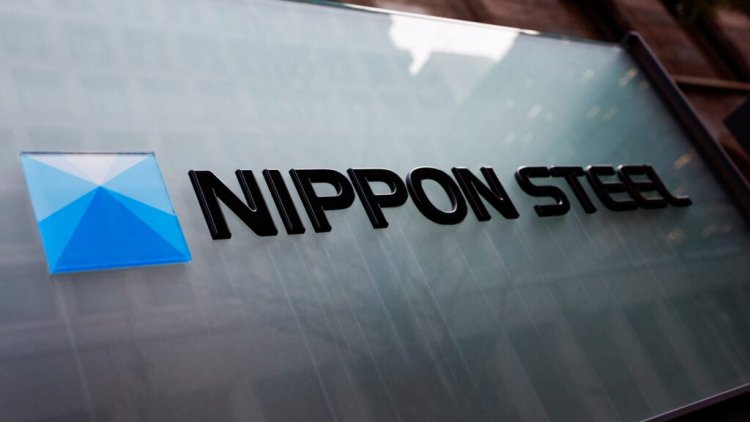Nippon Steel Commits $6B to Electric Furnaces for Emissions Reduction
Nippon Steel is investing $6 billion to install electric arc furnaces at three Japanese plants, replacing coal-based blast furnaces to reduce emissions. This shift supports the company’s carbon neutrality goals and marks a major step in decarbonizing the steel industry. By using scrap steel and potentially renewable energy, Nippon Steel aims to lead in sustainable steel production.Nippon Steel is investing $6 billion to install electric arc furnaces at three plants, aiming to decarbonize steel production and cut carbon emissions significantly.

Leading worldwide steel maker Nippon Steel has pledged $6 billion to put electric furnaces in three of its factories. Reducing carbon emissions in steel manufacturing, the investment matches worldwide efforts to decarbonize major industries.
Relying mostly on coal-powered blast furnaces, the steel industry is among the most carbon-intensive one. Some of these will be replaced with electric arc furnaces—those using electricity to melt scrap steel and generate fresh steel—part of Nippon Steels investment. Because it depends on recycled materials and can be driven by renewable energy, this method greatly lowers emissions.
The project aims to improve three factories in Japan with an emphasis on raising the use of scrap steel as a feedstock. Making them a major solution for decarbonizing the steel sector, electric furnaces are more energy-efficient than conventional blast furnaces and release less emissions. Research on low-carbon steelmaking methods will also be aided by the investment.
By 2050, Nippon Steels' larger goal to be carbon neutral is reflected in this project. To further lower its environmental footprint, the firm is also investigating other technologies including carbon capture and hydrogen-based steelmaking. At the intended factories, the electric furnace project should greatly reduce emissions.
The investment affects the economy by way of job creation and the establishment of fresh supply networks for scrap steel. Moreover, it establishes Nippon Steel as a pioneer in sustainable steel manufacturing to satisfy rising demand for low-carbon materials from sectors including construction and car.
Difficulties involve the high price of switching to electric furnaces and the necessity of dependable, low-carbon power sources. Working with power companies, Nippon Steel is investigating collaborations to guarantee a consistent supply of scrap steel and seeking renewable energy.
Conclusion:
With a $6 billion investment in electric furnaces, Nippon Steels takes a major step toward decarbonizing the steel sector. Adopting more environmentally friendly technologies, the company is tackling environmental issues while also satisfying market demand for sustainable materials. For other heavy companies trying to cut emissions, this project might establish a precedent.
Source: ESG News
What's Your Reaction?

















